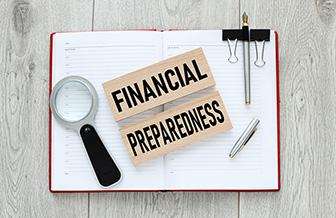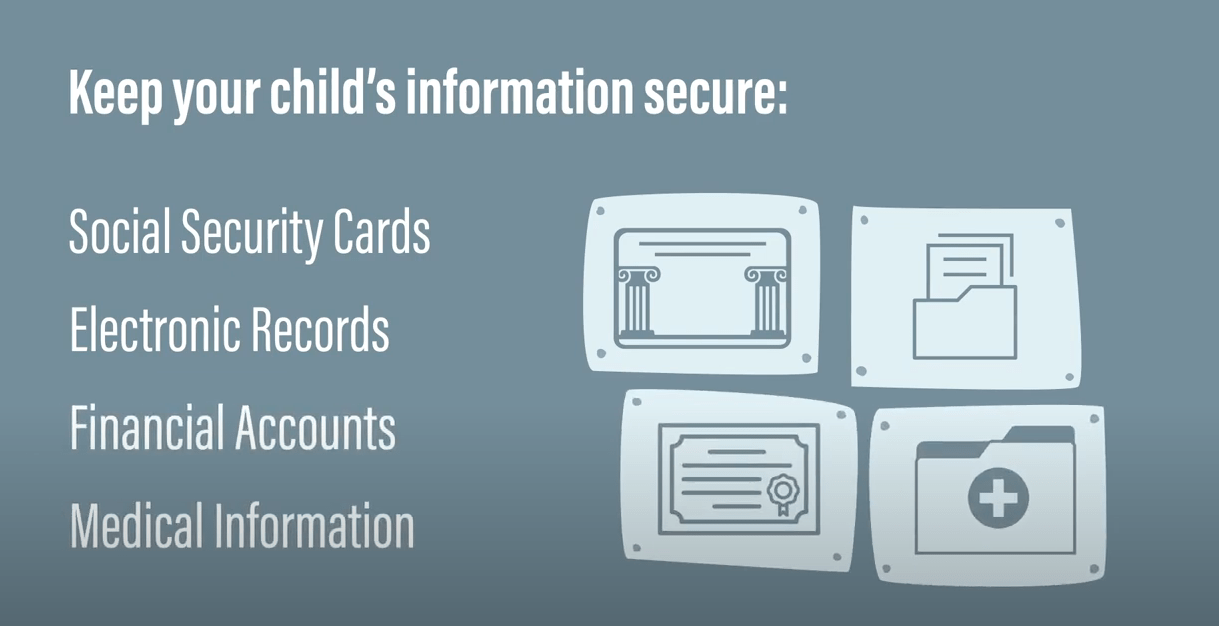The Dos and Don'ts of Saving Money in Your 30s
Posted on Dec 23, 2024

Your 30s are a prime opportunity to start saving toward a financial goal or important milestone. You likely are a little more settled in your career and are thinking a bit longer term than when you were in your twenties. Whether you’re starting a family, buying a house or saving for retirement, First Hawaiian Bank’s financial experts can help you plan for life’s most important moments.
How Much Should You Save?
Everyone’s savings situation is different so stating a specific amount or percentage is unrealistic for most. However, using your age range can be a good gauge for some, especially when evaluating whether they have enough in their emergency savings. Those in their 30s should have roughly $75K saved towards retirement and 3-6 months of salary in an emergency savings fund. If you feel behind when reading these figures, First Hawaiian Bank can help you determine a savings plan that works for your unique needs and lifestyle.
Do Make Automatic Deposits or Transfers
Saving up for a new car or a down payment on a house? Whatever it is, saving can be easier than you think. You can start by moving small sums into a savings account every week– as little as $20 can be enough to get started. You won’t notice it, and your savings will grow continuously over time.
Don’t Set Aside by Amount, Set Aside by Percentage
If you’ve been setting aside $500 a month but receive a promotion with a salary increase, increase your monthly savings contribution. The amount you save should be based on a percentage of your income, not a fixed dollar amount. Ideally, you should aim to save around 20% of your income, with the rest going towards other necessities. That way, the amount set aside each month will vary depending on your take-home pay.
Do Pay Off Outstanding Debt
Revolving debt can hold you back from building substantial savings. Focus on paying off your credit card bills, student loans and any other long-term debt so you can start more aggressively saving for important projects and life events that will also likely incur longer-term debt.
It’s important to get into the habit of paying your bills in full every month to avoid building up a balance that could take several months to pay off. Consult with an advisor at First Hawaiian Bank to learn more about debt consolidation loans or other ways to work off debt.
Do Plan for Big Events
You’re likely to hit major milestones in your 30s, like buying a house and starting a family. With these goals kept in mind, begin setting aside money ahead of time. These contributions should be in addition to your weekly recurring deposits. Will you need to pay for daycare? Will your new home need renovation? Take advantage of using one of our many financial calculators to help you budget accordingly, because it’s always better to be overprepared.
Don’t Overlook Long-Term Investment Options
Retirement 401Ks, health savings accounts (HSA) and mutual funds are great examples of long-term investment opportunities that could serve you well. By adding small amounts of your paycheck or savings into these investment options, your money could grow exponentially by the time you are ready to access it again, leaving you stress-free. Speak with an expert today to learn more about long-term investment opportunities at First Hawaiian Bank.
Don’t Fall Victim to Get-Rich-Quick Schemes
We are constantly presented with investment opportunities that seem too good to be true—especially on social media. It’s essential to approach these with caution, as you may fall victim to scammers.
Avoiding these types of schemes can be tricky, but we can help you identify common ones. If you are approached by someone about an internet business opportunity or a sales opportunity that is a pyramid scheme, we recommend politely declining the offer. If you’re interested in legitimate investment opportunities, speak with one of our financial advisors.
Do Ask For Help
It takes practice, consistency, and discipline to set aside money for your future, so asking a professional for more tips that best fit your lifestyle isn’t a bad idea. Work with one of our many experts in wealth management at First Hawaiian Bank about investment opportunities that go beyond a standard savings account, such as stocks, bonds, or mutual funds. Consult a financial planning expert today to develop a savings plan that can help you reach your goals.
Investments, annuity, and insurance products are:
NOT INSURED BY FDIC OR ANY GOVERNMENT AGENCY • MAY LOSE VALUE • NOT A DEPOSIT • NOT GUARANTEED BY FIRST HAWAIIAN BANK
Was this helpful?
Thank you for the feedback








